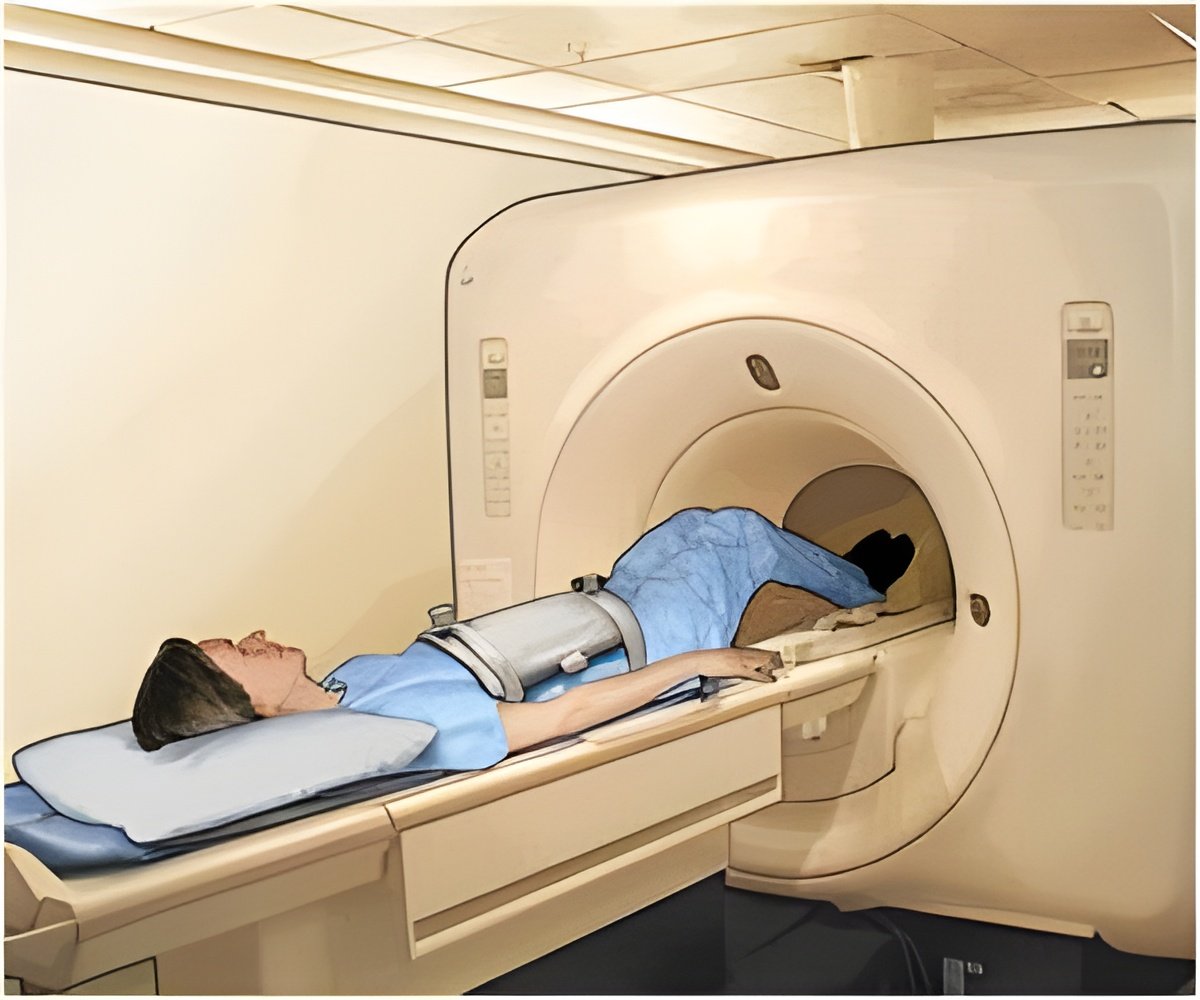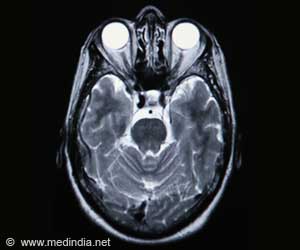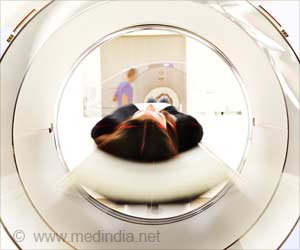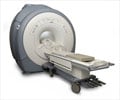The 1.5T MRI system enhances medical imaging with advanced technology for precise diagnostics.

Indigenous Magnetic Resonance Imaging system
Go to source) is being developed under the Indigenous Magnetic Resonance Imaging (IMRI) national mission, sponsored by the Ministry of Electronics and Information Technology (MeitY). The Society for Applied Microwave Electronics Engineering & Research (SAMEER), an autonomous institution under MeitY, is spearheading the development. The project also involves collaborative efforts from key research organizations, including C-DAC (Trivandrum and Kolkata), IUAC (New Delhi), and DSI-MIRC (Bangalore), which are contributing to the design and development of the MRI system.
‘India's own 1.5 Tesla #MRI system is coming! Built under the MeitY-sponsored IMRI mission, this indigenous tech is set for #humantrials at #AIIMS in October.#medicalimaging’





India's MRI System Achieves Key Development Stages
MeitY has confirmed that animal trials for the MRI system have been successfully completed. Additionally, several crucial subsystems, including the RF Power Amplifier, high-power transmit/receive (T/R) switch, RF spectrometer, RF coils, receiver front ends, control unit, patient couch, and IMRI software, have been fully developed, tested, and integrated with the procured magnet, gradient coil, and gradient amplifier.“India takes a big leap in developing frugal and indigenous health solutions, including medical devices, to not just meet domestic demand but also serve the next billion,” said Sunita Verma, Group Coordinator, R&D, MeitY.
The MRI machine is part of a Memorandum of Understanding (MoU) between SAMEER and AIIMS, which outlines a long-term collaboration between the two institutions in the development of high-field and low-field Magnetic Resonance Imaging (MRI) and Nuclear Magnetic Resonance (NMR) systems. The partnership will also advance research in radio frequency (RF) and microwave systems for medical applications.
The MoU covers five key areas: collaborative research in medical device development, clinical validation of the indigenous 1.5 Tesla MRI system developed by SAMEER, AI and machine learning-driven image enhancement, accelerated imaging research, the design and development of high and low-field MRI subsystems, and RF subsystems for high-field animal MRI scanners.
Highlighting the importance of domestic innovation in healthcare, AIIMS Director Dr. M. Srinivas emphasized the need for stronger collaboration between clinicians and scientists to develop high-quality medical devices. “It is important to showcase the country’s capabilities, and clinicians must work closely with scientists to develop more and better medical devices,” he said.
Advertisement
Once human trials are completed and regulatory approvals secured from the Central Drugs Standard Control Organization (CDSCO) and the Medical Device Regulation Authority of India, the indigenous MRI system is expected to enter commercial production, potentially revolutionizing India’s medical imaging landscape.
Advertisement
- Indigenous Magnetic Resonance Imaging system - (https://sameer.gov.in/tech_showcase/9)
Source-Medindia









